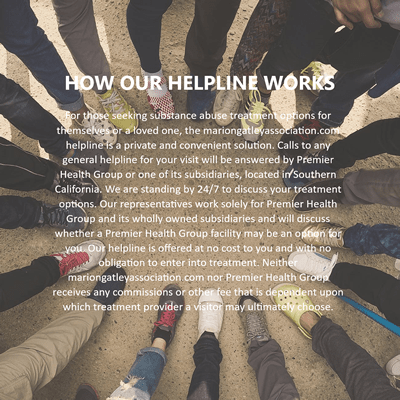Recovery isn’t easy, that is something that anyone who has gone for addictions treatment and have been clean for a long period can tell you. There are so many things that can trigger a relapse; these are often put into three categories: environmental triggers, stress triggers, and re-exposure triggers. These triggers, also known as stimuli, create a neurochemical response in your brain that causes a powerful craving for drugs or alcohol.
Stress triggers generally include emotions like sadness, fear, anger, and worry. Environmental triggers can pop up in social events or settings. Exposure triggers are often circumstances that bring the user into contact with a substance of abuse, or another substance user which can promote the return of drug or alcohol seeking behavior.
The workplace can be a large cause of various types of triggers. The most common trigger at work is the stress trigger, which is also the most serious type of trigger. This is because stressors encourage drug-seeking behavior during sobriety. You could be under stress because of a tight deadline. Your boss may be being snappy and overbearing making you feel angry. You may feel fear that you won’t complete a job on time, that you aren’t meeting expectations or that you will lose your job. Any stimuli that is associated with substance has the potential to become a trigger that encourages relapse.
Environmental and exposure triggers can also come up at work. If you have colleagues who use substances, this can cause a trigger. Especially if they offer or you can see them using/ post using. If you used to use at work, before work, or after work as part of your routine, you may experience an environmental trigger.
There are a number of things you can do if you are beginning to feel triggered and are worried about relapsing:
- Talk to your boss: your boss or HR probably knows that you recently came out of treatment for addictions, so make sure that you with him or her. It is important that you and your boss are on same page about your responsibilities and your ability to fulfill your duties at work. Ask for a meeting to go over what you will be working on for the next few months of your early recovery, break it down into weeks.
- During the meeting with your boss you can assure him/her that you are devoted to the successful completion of your assignments, also make sure your boss knows that you need to do this on a gradual schedule, it is important that you balance out your workload and minimize stress on the job during your early recovery, and your boss plays a role in this. However, if your boss isn’t understanding and demands that you get back to work full time, don’t let your emotions get the better of you. Acknowledge your boss’s frustration and make sure that you explain that you are dedicated to doing the best job you can, and you are simply asking for a little time to get back on your feet. If this doesn’t work, and your boss remains less than understanding, you may need to speak with human resources about the situation.
- Talk to your co-workers: When you’re off the clock speak to some of your colleagues who are closer to you. Let them know that you may need some extra understanding and assistance during this period. You both may need to get approval from the boss as well. If they can’t (or won’t) help you out with the workload, they can provide support and encouragement during work, lunchtime and those fun post work get-togethers after work. Just be sure these gatherings take place at neutral locations such as coffee shops or the gym– not bars, clubs, or venues where alcohol or other addictive substances are available.
- Talk to your sponsor, support group, etc. You have already started your support network. If you are beginning to feel triggered speak to someone within that support network who understands what you are going through. They can help you cope with the struggles and maybe even give you some good advice.
- Don’t take work home with you. It is always easier said than done, but leave work at the work! If something stressed you out at work, don’t let it bother you when you are at home. If you didn’t get all of a task done while you are at work, don’t think about it when you are home, you’re not paid to worry about the job from home, so don’t!
- Attend regular meetings (12 step, AA, or NA): Again, you have a support network who has some understanding of what you’re going through. They may be the best shoulders to lean on, ears to listen to you, and advice around! Make sure you go regularly, don’t miss meetings because you are too tired. Recovery comes first!
- Remain positive.
Contact Intervention Drug Rehab Association today to speak with one of our intake counselors about our outpatient programs for extended support in recovery.



